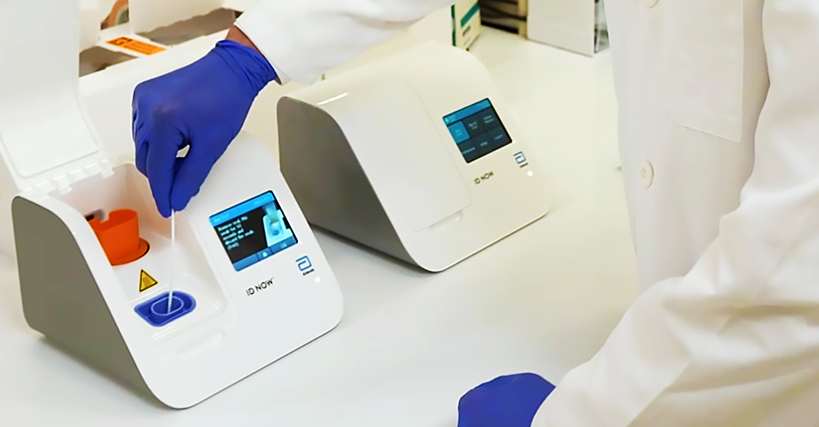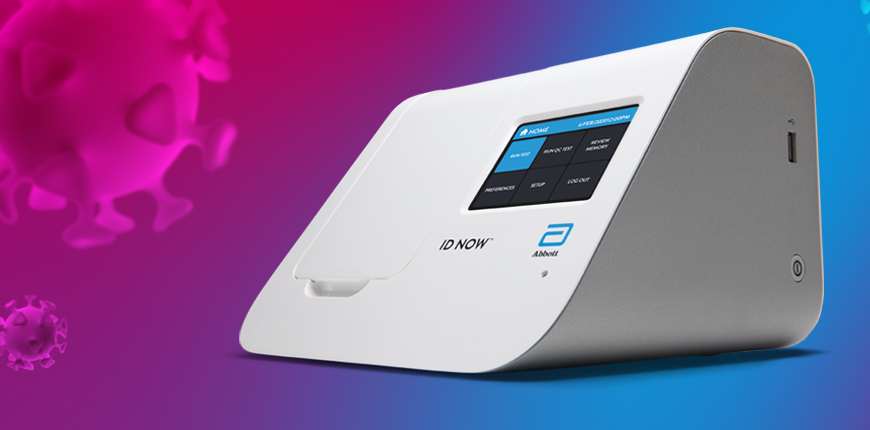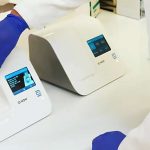You can now get a coronavirus test in just 5 minutes using the new FDA-authorized ID NOW COVID-19 test from Abbott Laboratories

The demand for COVID-19 testing is growing faster and medical workers cannot keep up with demand. Now there is good news. The U.S. Food and Drug Administration on Friday approved a coronavirus test that can provide results in less than 15 minutes, using the same technology that powers some rapid flu tests. The agency authorized emergency use authorization for fastest available molecular point-of-care test for novel coronavirus. The approval signals that federal regulators were satisfied with the test’s validation data and believe its benefits outweigh any risks, such as false positives or negatives.
Made by healthcare technology company Abbott Laboratories, the new Abbott ID NOW COVID-19 test runs on Abbott’s ID NOWTM platform—a lightweight box (6.6 pounds and the size of a small toaster) that can sit in a variety of locations. What makes this test so different is where it can be used: outside the four walls of a traditional hospital such as in the physicians’ office or urgent care clinics.
Because of its small size, it can be used in more non-traditional places where people can have their results in a matter of minutes, bringing an alternate testing technology to combat the novel coronavirus. “We’re ramping up production to deliver 50,000 ID NOW COVID-19 tests per day, beginning next week, to the U.S. healthcare system,” the company said in a statement
This comes on the heels of our announcement last week of the availability of the Abbott RealTime SARS-CoV-2 EUA test under FDA EUA, which runs on m2000 RealTime molecular system for centralized lab environments. Combined with ID NOW, Abbott expects to produce about 5 million tests in April.
The new diagnostic test could accelerate testing in the U.S., allowing for rapid results in doctors’ offices. But shortages of critical equipment used to collect patient specimens, like masks and swabs, could blunt its impact.
Abbott Laboratories said it expects to deliver 50,000 tests per day beginning next week. The technology behind the test looks for genes that are present in the virus, similar to PCR (polymerase chain reaction) tests already on the market.





